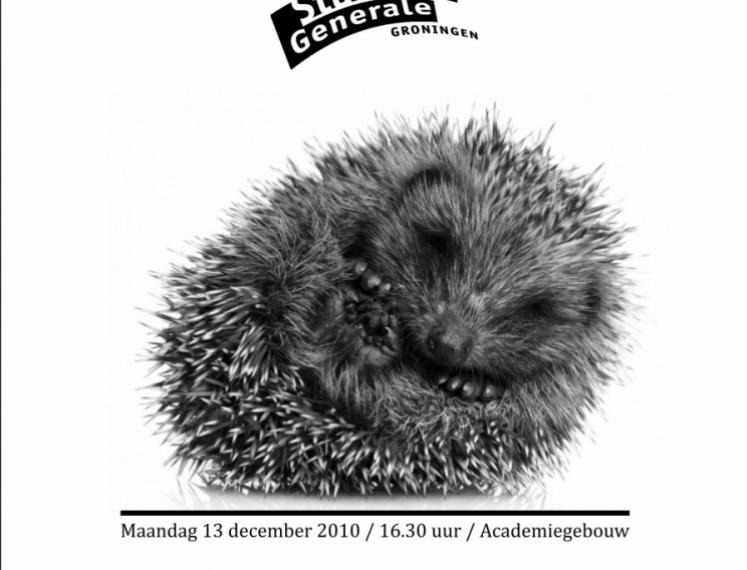
Usva
Munnekeholm 10
Groningen
Netherlands
Man Made
NB: This event will be in English. Additional to the documentary scientists Sandra Becker (American Studies) and Jelle Wiering (Theology and Religious Studies) from the University of Groningen will share their thoughts about the film in relation to their research. The maker (Sunny Bergman) will not be present at this event.
Real men are stoic, never cry and make hard jokes. In Man Made, Sunny Bergman examines the social ideas about masculinity. What is seen as typically male and in which stereotypes does that express itself? And do men suffer from these ideas?
The traditional role patterns have changed. Is the man confused about his role? Discussions are taking place worldwide. By men who want to escape from men's armor, but also by men who prefer to return to the classic conservative male-female ratio. For example, fans of controversial psychologist Jordan Peterson believe that society is far too much feminized. In the twentieth century, feminists fought freedom for women, and with that her emancipation. Is it time for emancipation of men, for the liberation of men? If it's up to Bergman: "My personal film essay shows that vulnerable emotions like as fear and sadness are still seen as weak and not masculine. It seems that by suppressing emotions, men cannot actually develop into a fully-fledged person who is empathetic towards others. And before some men get angry: Man Made is an analysis of construct masculinity, not a criticism of the individual man.”
Bergman begins her search close by with her partner and family. Are deep-rooted ideas about men as non-emotional, strong, competitive and sober beings biologically determined? Or do society and education in particular direct our view or behavior? Together with her partner, she has made a brain scan and talks to a neuroscientist about the existence or absence of fundamental differences between men's and women's brains. She is asking for answers from students, football players, but also from people who are working on the transformation to become men. How do they see their masculinity?
Also, Bergman tests the testosterone of men from various groups. From policemen to drag queens and from rugby players to ballet dancers to ask for the relationship between testosterone and masculinity. In Iceland she visits schools where boys receive "gender compensation education" in order to develop a total package of human characteristics. Is this the way to the perfect man or the man as a person?
This screening will be followed by an aftertalk with PhD student American Studies Sandra Becker, who works on the representation of white masculinity and fatherhood in contemporary U.S.-American television series (2001-2015), and Jelle Wiering, a cultural anthropologist who explores the entanglements of secularity, sexuality, and religion in the Netherlands. In his PhD project, he studies Dutch sexual health organizations and the notions of sexuality, gender, and the body they convey.


